Don’t toss out expired cooking oil!
One of the essentials of a self-sufficient lifestyle is getting resourceful and finding different uses for everyday items around the home. Cooking oil, for example, is one of the most versatile items you likely have in your kitchen. Beyond its main uses in frying and baking, cooking oil can serve a bunch of other handy purposes, too.
Biodiesel Production
A practical way to repurpose used cooking oil is by turning it into biodiesel, which can power diesel engines without major adjustments.
The process involves filtering the oil, and then treating it with methanol and lye. Making biodiesel at home is an affordable way to cut fuel costs and boost self-sufficiency.
It’s also a great way to get more use out of something you’d typically throw away.
Remove Rust From Your Metal Gear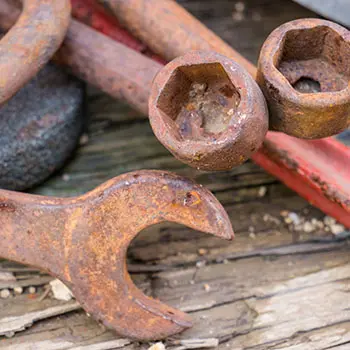
Do you have any metal tools or objects that are rusting, like a firearm, knife, ax, kitchen utensils, or gardening tools? If so, you can use cooking oil to help remove the rust.
Instead of tossing out used cooking oil, put it to good use! Vegetable oil works best for rust on cast iron, while linseed oil is great for steel. Just mix a good amount of cooking oil with two or three tablespoons of salt, then dampen a rag or paper towel with the mixture.
Scrub the rusty area vigorously to restore your tools!
Rust Proof Your Metal Gear Before It Rusts
Even better, you can use cooking oil to rust-proof your metal gear before it has a chance to rust!
Cooking oil works for protection because its molecules don’t dissolve in water—they repel each other. By applying a thin layer of cooking oil to the metal surfaces of your tools and gear, you can keep rust at bay and extend their lifespan.
Related: Long Lasting Oils You Should Stockpile Right Now
Lubricate Chainsaws
Do you have an old chainsaw that’s having trouble with the chain?
If so, old canola oil can be a great substitute for chainsaw lubricant. It has a high viscosity and excellent lubricating properties, making it perfect for keeping your chain running smoothly.
Protect Wood From Rotting
It’s not just metal that old cooking oil can protect; it’s great for wood, too. Since cooking oil repels water, applying a layer to wooden surfaces prevents them from absorbing moisture, which can lead to expansion and rot.
This is especially useful for gardening tools, as their wooden parts are often exposed to moisture and can be susceptible to damage.
Protect Your Leather
Cooking oil is also handy for protecting leather and preventing it from cracking. Whether it’s belts, shoes, saddles, bags, or holsters, a small amount of cooking oil can be gently rubbed onto the leather surface. This will help keep the leather flexible and prevent cracking for at least a month.
Get a Fire Going
Old cooking oil is great for starting a fire. Just rub some onto your kindling or tinder, like an old newspaper, moss, twigs, or small pieces of wood.
Then, spark it with a magnesium flint striker or light it with a match or lighter, and the cooking oil will catch fire right away.
Remove Paint
You probably know how tough it can be to get paint off your hands, skin, or clothes after a painting project. One of the easiest ways to remove paint is with cooking oil.
Just rub it directly on the paint, and you’ll see it start to come off. After that, you can wash it away with water mixed with soap. It’s that simple!
Make Your Own DIY Soap
Making your own DIY soap with cooking oil and lye is easy. Here’s how you can do it:
Start by adding about 2.5 ounces of lye to around 5 ounces of water (remember, always add lye to water, not the other way around). Stir gently until the lye is completely dissolved.
Next, strain your used cooking oil to remove any impurities and heat about 18 ounces of it on the stove until it reaches around 212 degrees Fahrenheit (100 degrees Celsius). Once it’s heated, take it off the stove and let it cool.
Related: DIY Non-Toxic Detergent Recipe
Now, mix the lye-water solution with the cooking oil by pouring the lye solution into the pot with the oil. Stir until the mixture thickens, then pour it into soap molds.
After 24 to 48 hours, take the soap out of the molds; it should be firm enough to handle. Place the bars on a drying rack in a well-ventilated area and let them cure for 4 to 6 weeks, turning them occasionally for even curing.
Make Your Hinges Stop Squeaking
Do you have any door hinges that are annoying squeaking when you open and close the door?
If so, just apply a small amount of lubricant to the hinges and the squeakiness should start to go away.
Livestock Feed Supplement
You can also reuse used cooking oil as a feed supplement for livestock, adding extra calories to their diet. Just mix it with their regular feed to give pigs and chickens an energy boost.
To boost and even double egg production in chickens, consider mixing it with this plant.
Make sure to filter the oil well and ensure it’s free from harmful contaminants. Introduce it slowly into their diet and keep an eye on the animals for any negative reactions. This approach not only minimizes waste but also helps keep your livestock healthy and productive.
Keep Mosquitoes Away
If you have spots on your property or campsite swarming with mosquitoes, cooking oil might be your best bet besides mosquito repellent.
Just mix half a teaspoon of vegetable oil for every gallon of water in the areas where they’re gathering and breeding. The oil will drive them away, and you won’t have to wait long for them to clear out.
Harden Soil
Cooking oil can seep about an inch into the soil, helping to firm it up, especially in areas where people walk or cars drive. This can be particularly useful for reducing dust in your driveway or any other dusty spots in your yard. Just be careful not to use it in areas with plants, as it can suffocate their roots.
While there are many more DIY and homesteading uses for cooking oil, these are some of the most practical ones you might find handy.
DIY Tin Oil Lamp In Case Of A Power Outage (Video)
Stop Throwing Away Your Lemon Peels. Do This Instead!


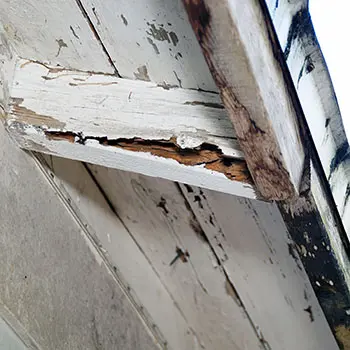
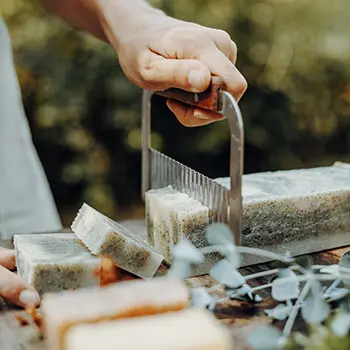
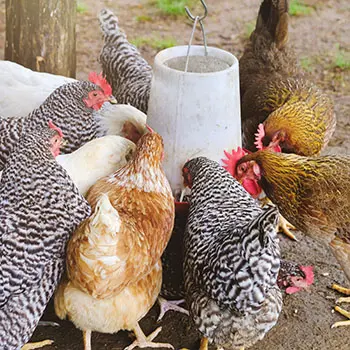
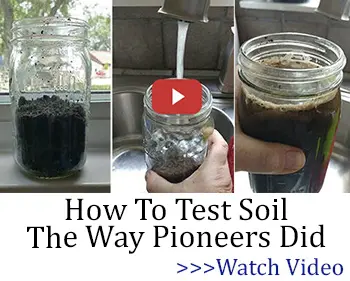



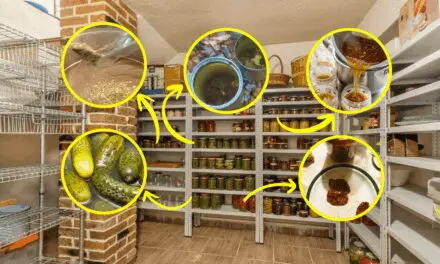








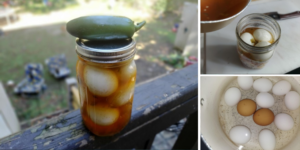




I’m looking forward to putting this wonderful information to work! Thank you!